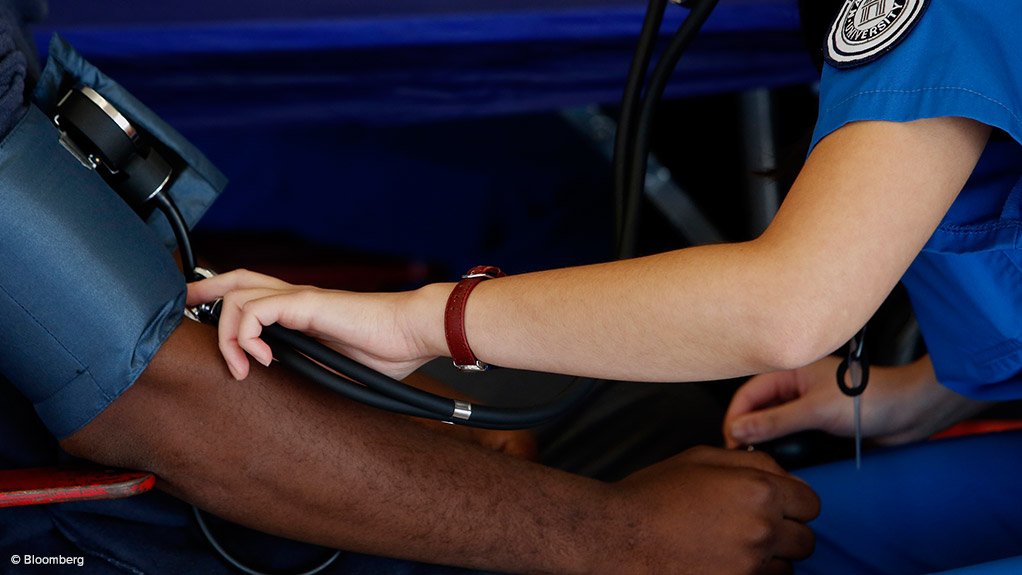The National Health Insurance (NHI) Bill will be debated for adoption by the National Council of Provinces (NCOP) on Wednesday after it stalled at the last minute a week ago.
The Bill, which has been in the parliamentary process since 2019, was pulled from the Order Paper last week when the NCOP chair, Amos Masondo, asked for a delay to consider a letter urging him to revisit the Bill.
The letter – written by Business Unity SA (BUSA) and Business4SA (B4SA) – expressed grave doubts that the NHI in its current form could be implemented or would be good for the country. Business says SA does not have the resources to implement the NHI, which would require raising an additional R200-billion in taxes.
The business organisations had also lobbied Deputy President Paul Mashatile, the leader of government business.
On Tuesday, the African National Congress (ANC) chief whip in the NCOP, Seiso Mohai, said that the NHI Bill "is on the Order Paper for tomorrow, and the committee's report will be heard". Several ANC MPs and senior leaders said both the caucus and the ANC, at a leadership level, were resolute and wanted to see the Bill passed.
The Bill's passage will immediately trigger action by organised business, the Democratic Alliance (DA), and Solidarity. The DA and BUSA have said they will petition President Cyril Ramaphosa not to sign the Bill and to refer it back to Parliament. Both argue that the Bill is unconstitutional because Section 33 – which talks about phasing out the benefits for which medical schemes may reimburse members for – will limit access to healthcare rather than progressively expanding it.
Business will also argue that Parliament's approach to public participation was a cynical box-ticking exercise in which the views of multiple stakeholders were ignored and not taken on board.
This, it argues, goes against the spirit of the Constitution.
Since the Bill was introduced in 2019, no changes have been made in four years, despite critical comments from the medical profession, the private healthcare industry, medical aid schemes, and other stakeholders.
Should the petition to Ramaphosa fail and the Bill be signed into law, opposition will escalate to the courts.
The Bill aims to establish universal healthcare for all South Africans by abolishing the "two-tier" system, in which the bulk of healthcare spending is made in the private sector for the benefit of the few, while the mass of the population is relegated to the "underfunded" public sector.
The Bill will establish a single NHI Fund managed by the state to buy healthcare services from the public and private sectors. Services will be free to the public at the point of delivery. Once a service becomes available under the NHI, medical schemes will no longer be allowed to cover it, implying the ultimate phasing out of private medical insurance.
The Department of Health has insisted that for the NHI to be viable it must be "an all-or-nothing" scheme, in which people are compelled to give up medical aid cover, in order to channel those resources into the NHI fund.
However, for this to be done, large tax increases would be necessary.
For example, a 3% tax on payroll and a three percentage point hike in personal income tax would be required to raise R250-billion.
EMAIL THIS ARTICLE SAVE THIS ARTICLE
To subscribe email subscriptions@creamermedia.co.za or click here
To advertise email advertising@creamermedia.co.za or click here











